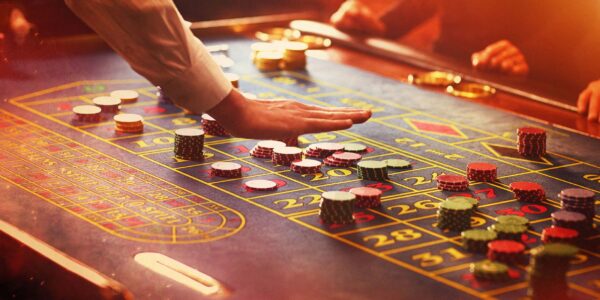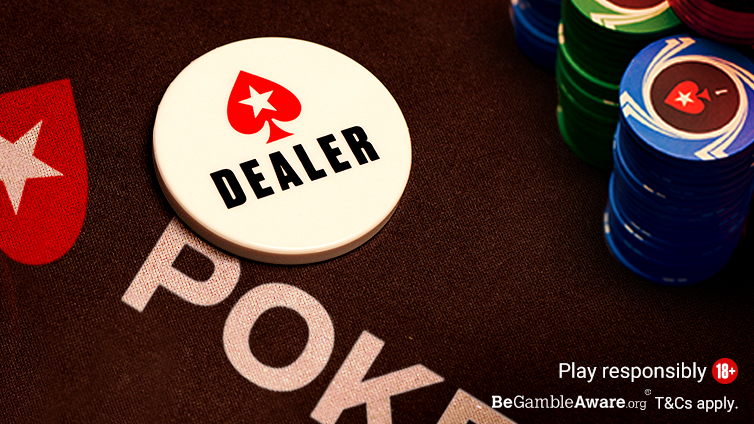The First Casinos and Where They Were Born
Though casinos are now well-established almost everywhere in the world, it wasn’t always like that. Before the 17th Century, the idea of taking yourself off to a building where you can enjoy all kinds of table games and maybe even have a snack and a drink or two just didn’t exist! Let’s learn a bit about where the concept and physical institution of the first casino was born and how they evolved over the years.
The First Casino
Though various gambling games were popular in both Italy and China long before the first casino opened, it was not until 1638 that an official location opened where you could play more than one game in one single, permanent location. In Venice, people were looking for a new form of entertainment. This was the era that would change entertainment forever and the time that saw the birth of gambling as we know it today.
It was Carnival season once again in bustling, colourful and exciting Venice, and the immense crowds of revellers swelled to bursting point. The whole city was living and breathing for the costumes, the cutting loose, and the feeling of anything being possible that Carnivale brought with it, and both locals and visitors immersed themselves deeply in the exhilarating festivities.
The Ridotto, which is now well known in gambling circles as the first casino to ever have existed, threw open its doors to welcome the exuberant Carnivale attendees and offered everyone who walked over the threshold a chance to play classic Italian games Biribi and Basetta: games that would one day evolve to become the well-known games Roulette and Blackjack. For weeks, enthusiastic gamblers tried their luck and tried to use their cunning and experience to the best of their abilities to rake in the winnings. Like modern casinos, the Ridotto had a number of rules that patrons were expected to adhere to at all times:
- Only the wealthy, privileged upper class were allowed to enter the casino
- Anyone who was allowed in had to abide by a strict dress code, which was to wear hats and Carnivale masks at all times
- Guests were expected to behave well and be civil at all times while on the premises
- Guests were expected to order both food and drinks from the menu available at the casino
This flamboyant public gambling house captured the attention and imagination of the rich elite, but its reign was a short-lived one. In 1774 the Venetian government forced the venue to shut its doors, but its patrons carried those memories out into the world and helped create other gambling houses that became the very first casinos.
Growth in the 19th Century
More casinos followed the Ridotto, but the industry did not see really significant growth until the 1800s. Europe’s casinos grew in popularity and began focusing on customer service, rather than just generating revenue for themselves, as a way to compete. Luxury became a priority, as demonstrated by the very first casino built in Monaco in 1856. Le Grande Casino Monte Carlo still stands today and is one of the best-known and most luxurious gambling palaces in the world.
Casinos began to pop up in the New World too, thanks to Englishmen who experienced Europe’s casinos and brought the idea to the American colonies. Unsurprisingly perhaps, most of the earliest American casinos appeared in New Orleans.
A Successful Industry
Casinos continued to boom and have become a mainstay of entertainment for gamblers all over the world. The gambling industry generates revenue for casinos, economies and governments and provides entertainment for those who love to take a chance with lady luck.




































